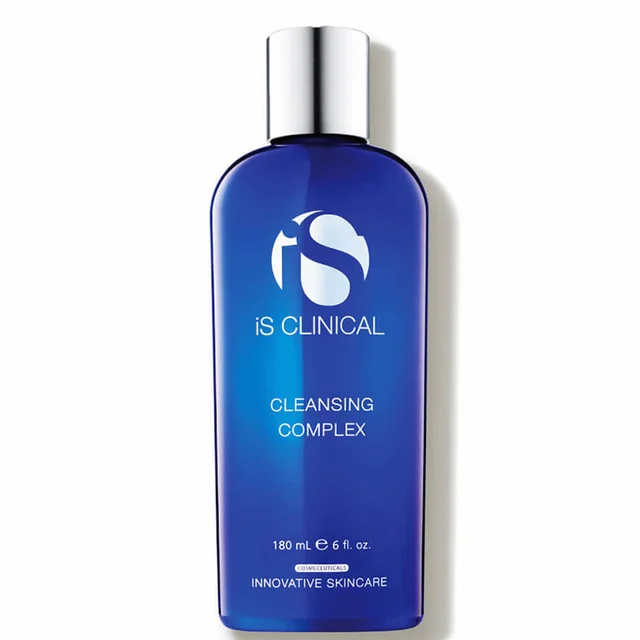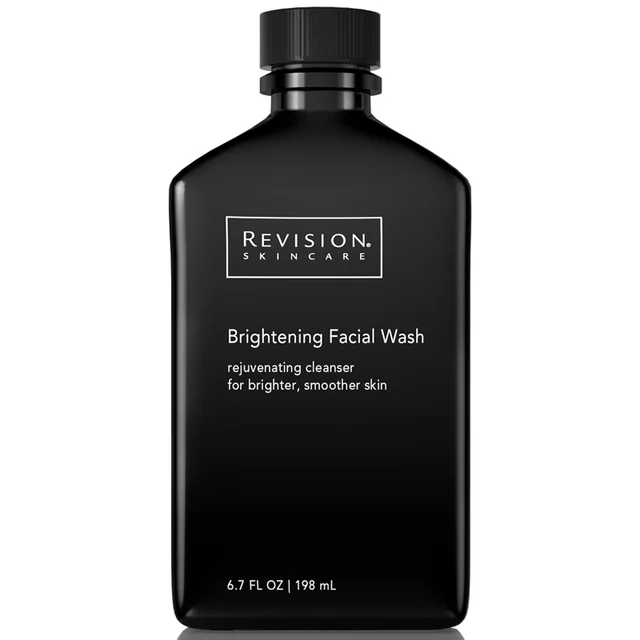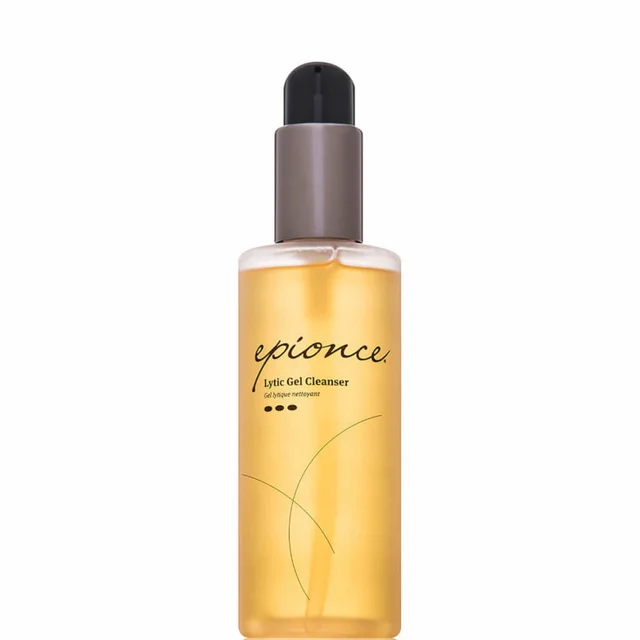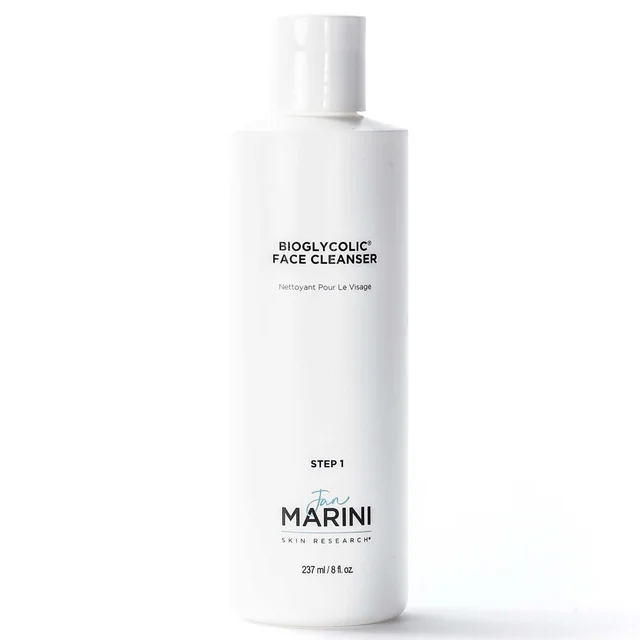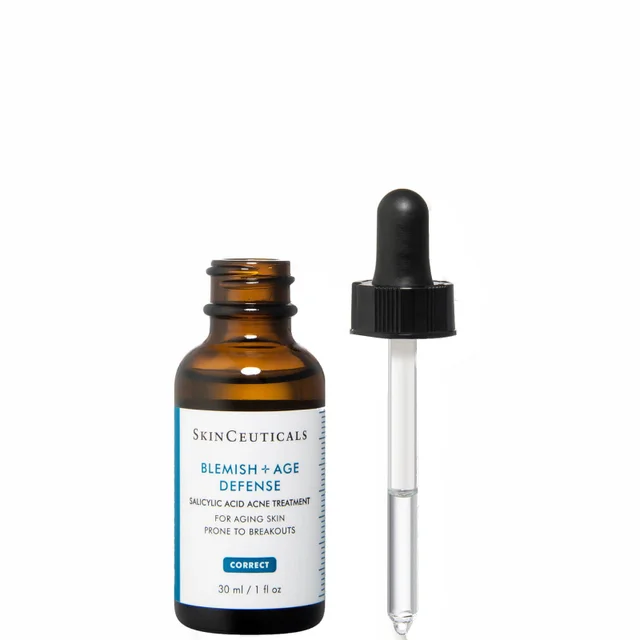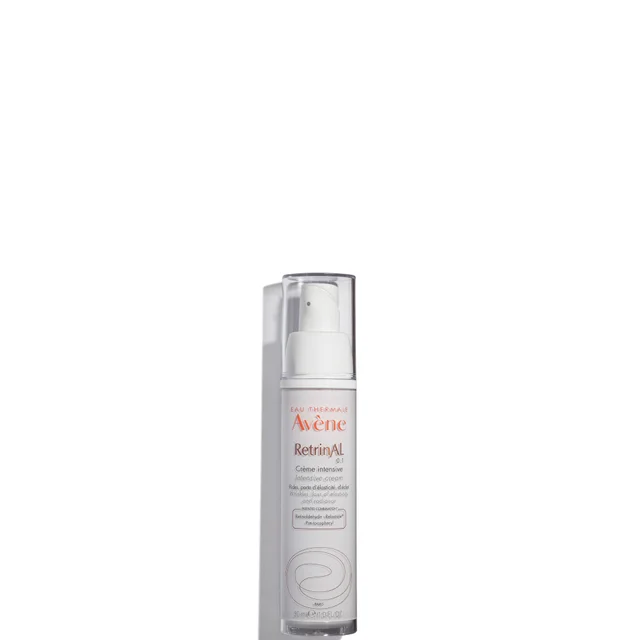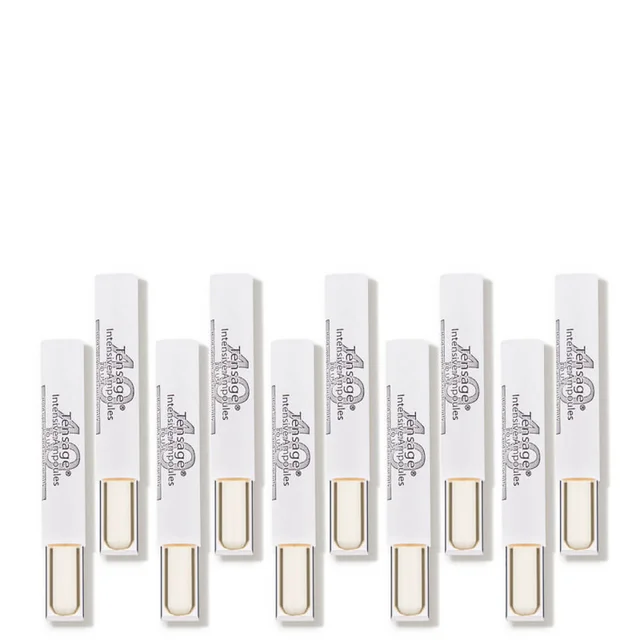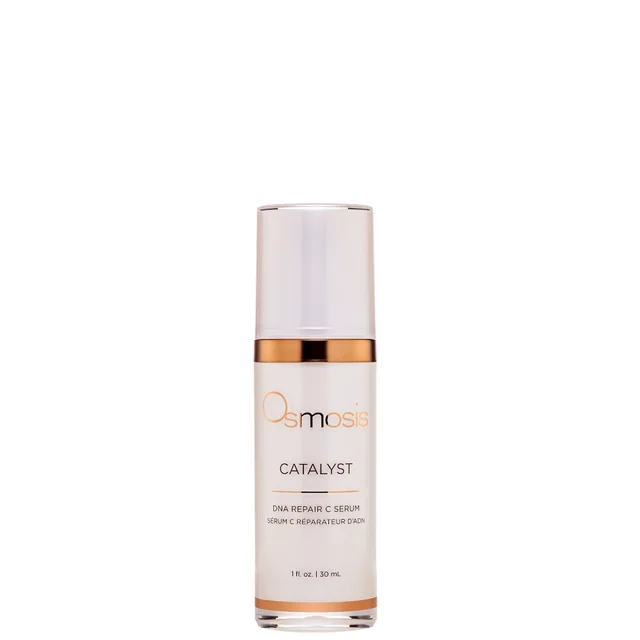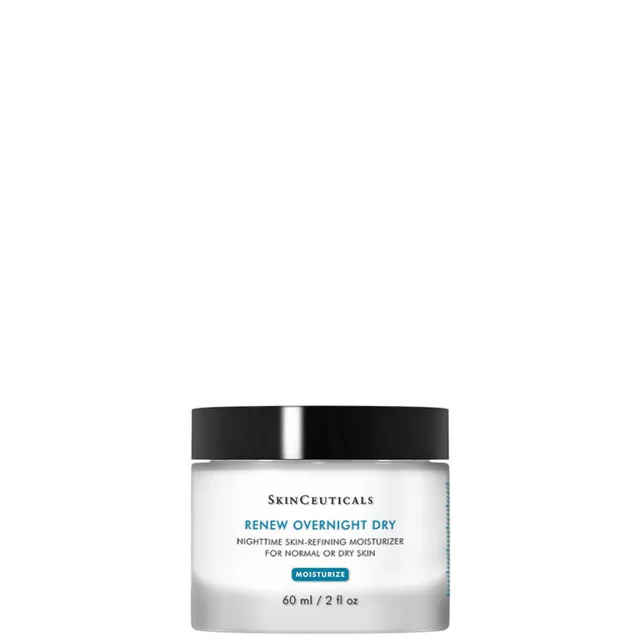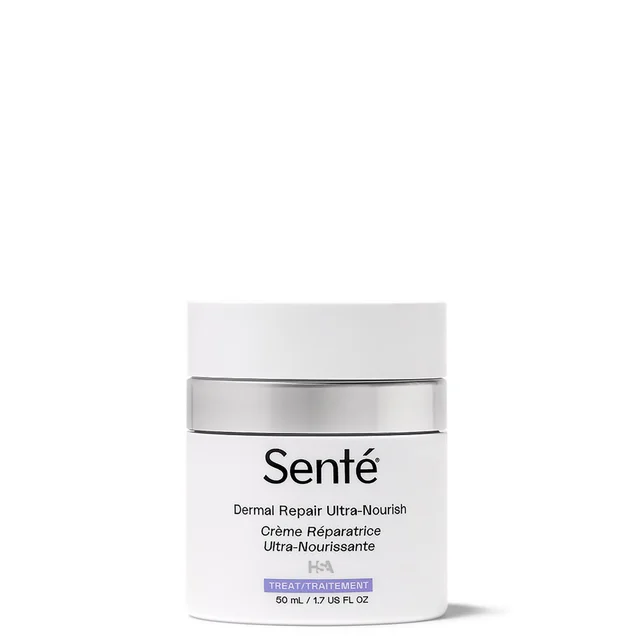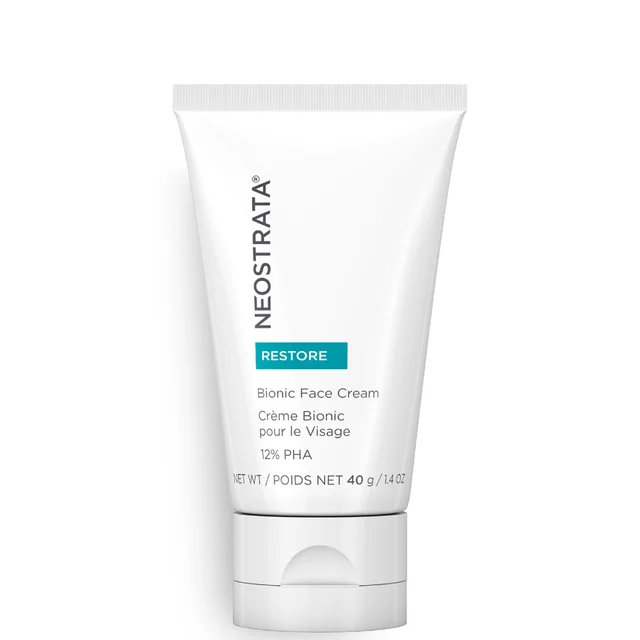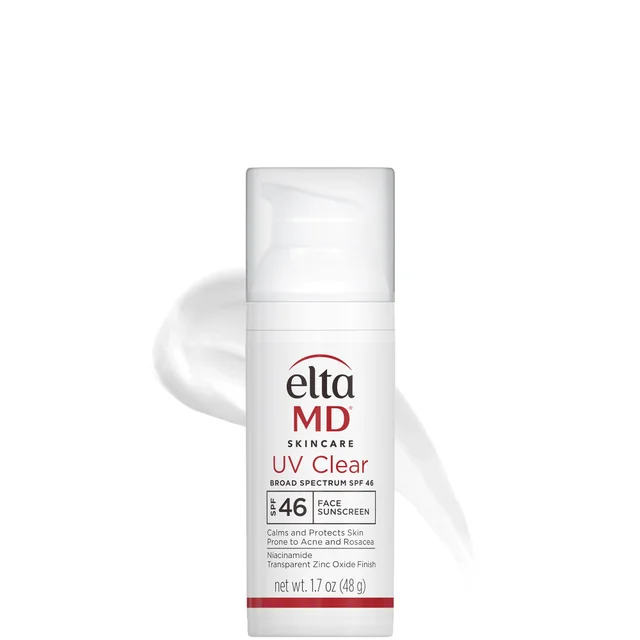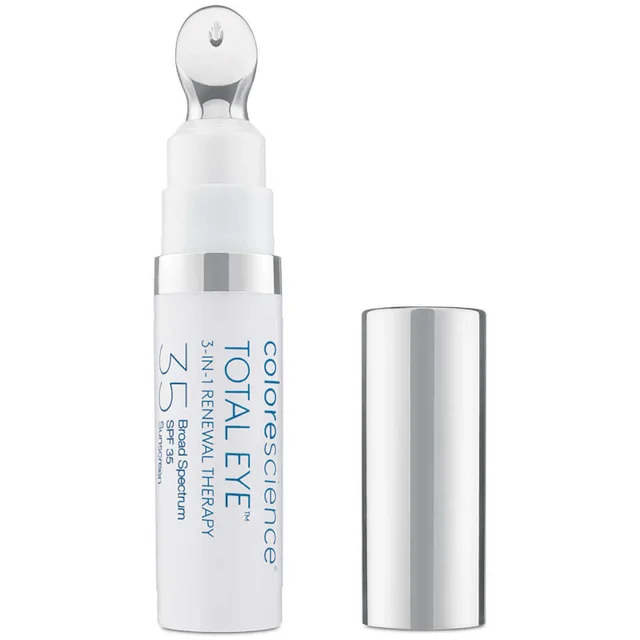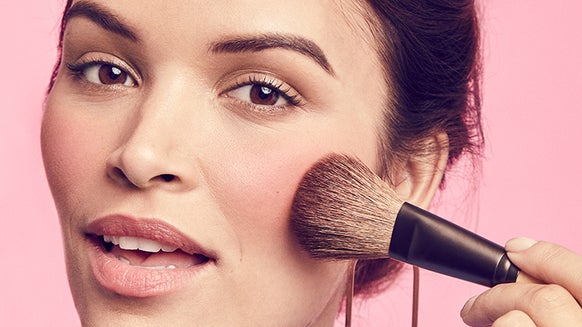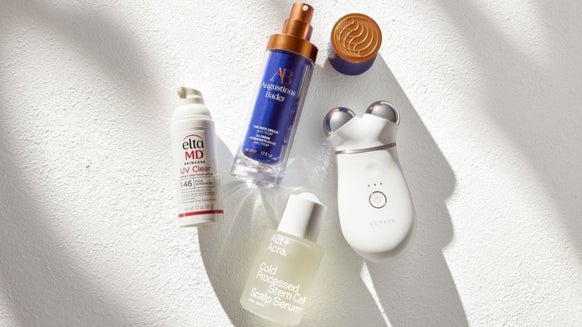Dermatologist-Tested, Dermatologist-Approved: The Best Medical-Grade Skincare
A solid skincare routine is a must in the quest for healthy, youthful skin. But when it comes to sifting through the myriad of different skincare products available today, there's everything from your run-of-the-mill over-the-counter drugstore products to medical-grade skincare, which stand in a league all of their own.
Medical grade skincare brands are growing year by year. As more attention is placed on this category of supercharged skincare replete with quality active ingredients, the conversation surrounding them widens. If you're interested in dipping your foot into the medical grade skincare pool and what to know what makes them superior to other grades of skincare, consider this your ultimate guide to the best medical-grade skincare options and everything you need to know.
Table of Contents:
- Understanding Medical-Grade Skincare
- Key Features of Medical-Grade Skincare
- Expert Tips for Optimal Results
- Dermatologist's Favorite Picks
- The Takeaway
Understanding Medical-Grade Skincare
Medical grade skincare stands apart from other skincare products. Sometimes classified as cosmeceutical skincare, this more concentrated and scientifically backed skincare is designed to address a specific skincare need or issue, including pigmentation, wrinkles, acne, or laxity. Medical grade skincare contains far more advanced delivery systems and a much higher concentration of active ingredients, like peptides, antioxidants, and retinol, compared to over-the-counter skincare, making for more dramatic and visible effects and results in a faster period while improving both the aesthetic and medical benefits of the skin.
When selecting the best medical-grade skincare products for your skin, it's important to pick dermatologist-approved and endorsed ones. Skincare products that boast a dermatologist's seal of approval are of higher quality, have been put through a far more rigorous testing process, and often are accompanied by clinical data, too. Plus, medical grade skincare products that dermatologists recommend and sell meet their high expectations and criteria for what makes a skincare product excellent.
Although medical grade skincare may be superior to what's available on drugstore shelves, their accessibility is far more limited. Most medical-grade skincare products are only available through a dermatologist, medi-spa, or licensed retail website, so always make sure you are buying your products through an authorized retailer.
Key Features of Medical-Grade Skincare
Several features allow for medical grade skincare to stand on its own. For starters, medical grade skincare companies can source highly stabilized active ingredients that won't break down or degrade as fast as other skincare ingredients. They are also formulated using advanced technologies to penetrate deeper and faster into the skin for better results without causing irritations or sensitivities.
Medical-grade skincare products may be more expensive than their less concentrated counterparts. However, that's simply because the active ingredients, such as peptides, antioxidants, exfoliating acids, and retinol, are of a higher quality with clinical evidence. Most dermatologists also find medical-grade skincare more effective than over-the-counter products. Some medical grade skincare products are even recommended to be used alongside in-office treatments and procedures to amplify and maintain the results.
Expert Tips for Optimal Results
Medical-grade skincare comes with more concentrated ingredients, so following your dermatologist's instructions and never abusing these skincare products is essential. Since some of the best medical grade skincare products employ exfoliating acids, which help with skin texture, unwanted pigmentation, and even acne, it's crucial to slowly introduce these products into your current skincare routine and use them every few days until you can work your way up to daily use to limit breakouts, skin purging, redness, dryness, and sensitivities. Should any adverse skin effects occur, it's best to reevaluate your skincare routine and see if any other products may be causing a negative interaction. If not, consult with your dermatologist.
While most skin types can benefit from medical grade skincare, some may find the more potent concentration of active ingredients too much for their skin, causing intolerance. To make sure a medical grade skincare product is a good fit for your skin, always consult your dermatologist first.
It's important always to follow the directions when using medical grade skincare brands and not overdo it. Consistency and patience with a medical-grade skincare routine are key to making the most of the products. But that also means not overdoing it or using more than the recommended dose.
Dermatologist's Favorite Picks
Cleansing and Prep
The first step in achieving healthy, radiant, youthful-looking skin is with a dermatologist-approved cleansing routine consisting of the best medical-grade skincare products. Cleansing the skin appropriately creates a clean canvas, which is essential for the other steps in your skincare routine to be effective. Plus, when the skin is cleansed correctly, other medical-grade skincare products will penetrate deeply and work better.
Most dermatologists recommend washing the face with a gentle yet effective medical-grade cleanser that caters to your skin type. Ingredients to look for include hyaluronic acid and glycerin for a hydrating effect and others that speak to the current state of your skin. Exfoliating cleansers with AHA and BHAs that are medical-grade are also essential to use every so often since they work to slough off dead skin cells, unclog pores, and promote a normal rate of skin cell turnover. After cleansing the skin, swipe on a medical-grade skin toner, which will help restore the skin's pH and remove any remaining dirt, oil, or impurities still on the skin.
This gentle, clarifying daily face wash works for all skin types and ages. A unique blend of active ingredients, including willow bark and antioxidants like chamomile, go hard to work to break up pore-clogging oil while boosting cell turnover for smooth, soft, breakout-free skin.
A dermatologist favorite, this medical-grade skin brightening face wash is loaded with alpha and beta hydroxy acids plus botanical agents to improve skin tone and texture for a clean, hydrated, fresh feeling.
This gel cleanser is ideal for oily and acne-prone skin and quickly and easily whisks away dirt, oil, and dead skin without disrupting the skin's moisture content.
This medical-grade skin cleanser is gentle enough to use on all skin types. Although it counts glycolic acid as a key ingredient, there’s no need to worry about post-cleansing dryness.
Targeted Treatments
The beauty of medical-grade skincare products is that they are formulated to target a specific skincare concern, making them a targeted solution. Dermatologists often recommend medical-grade skincare products when treating aging skin, acne, hyperpigmentation, and sun damage. These specialized skincare treatments improve the underlying cause of these skin issues, such as controlling excess oil production, improving depleted collagen, and slowing melanin production, for example, to enhance the look and health of the skin. Often, dermatologists pair these skincare products with in-office treatments for even better results overall.
In addition, targeted skincare treatments are backed by scientific research and steeped in innovation. They also contain highly advanced formulations that work to improve the skin at a cellular level.
An effective serum that tackles adult acne breakouts and the common signs of aging, this dermatologist-recommended solution combines dioic acid with AHA and BHAs to address wrinkles, uneven skin tone, and fine lines.
This anti-aging moisturizer is packed with a high dose of vitamin A, making it the go-to for reducing the common signs of aging and wrinkles while firming the skin.
Concentrated ampoules like these are an easy way to flood the skin with active ingredients for a fast result. Loaded with growth factors, antioxidants, and glycoproteins, skin emerges more elastic and with improved tone, luminosity, and texture in as little as 24 hours.
Vitamin C is one of the most recommended skincare ingredients by dermatologists, and this power-packed version provides a high dose of it—35% to be exact—for the ultimate in skin protection.
Moisturizing and Hydration
At the center of a well-rounded skincare routine is a good moisturizing regimen with medical-grade skincare products to hydrate the skin as needed. Not only are medical-grade moisturizers critical for maintaining skin health, but they're also important for addressing various skin conditions and concerns. With proper hydration levels the skin is equipped to function optimally.
Medical-grade moisturizers help replenish and lock in moisture to maintain the skin's balance. When the skin is optimally hydrated, it can prevent moisture loss and reduce redness, dryness, and sensitivity. Dermatologists frequently recommend rich, emollients moisturizers for dry skin; non-comedogenic lightweight moisturizers for oily and acne-prone skin; fragrance-free hypoallergenic formulas for sensitive skin; and moisturizers with anti-aging ingredients for aging skin.
If your skin is normal to dry and needs a dose of regular exfoliation l=plus hydration, this nighttime moisturizer is the one to reach for. A blend of hydroxy acids eliminates dull skin for smoother, brighter skin.
Persistently dry skin needs a hefty dose of moisture, and this deeply hydrating treatment does the job. Perfect for sensitive skin, this lightweight cream works on contact to alleviate irritation and soothe and calm the skin.
Loaded with a bevy of medical-grade skincare ingredients, including heparan sulfate analog (HSA), green tea extract, and sodium hyaluronate, this deeply hydrating cream helps to comfort compromised skin while improving the look of fine lines and wrinkles.
Post-procedure skin requires TLC, and this soothing cream does just that thanks to a blend of gluconolactone and lactobionic acid. It works hard to diminish fine lines and wrinkles while hydrating, nourishing, and fortifying the skin.
Sun Protection
Sun protection is integral in a medical-grade skincare routine since it safeguards the skin against damaging UV rays to prevent skin damage, premature aging, and skin cancer. Exposing unprotected skin to the sun's harmful UV rays can lead to sunburn, hyperpigmentation, and photodamage. Wearing sunscreen daily helps protect the skin from the sun's damaging effects to maintain a youthful, healthy complexion.
For the ultimate in lightweight, oil-free sun protection, consider this one your go-to. Safe enough for acne prone and sensitive skin, this clear SPF protects the skin from UVA and UVB rays while hydrating the skin and keeping the pores clear.
The eyes aren't immune to the sun's damaging effects, which is why they need to be protected from it, too. This anti-aging eye treatment shields the eyes from UV exposure while improving the look of dark circles, fine lines, and wrinkles.
Tinted sunscreens work well for defending the skin from visible light and infrared rays, helping to slow the aging proves. This mineral-based version blends into all skin tones to protect against UVA and UVB rays and defend against free radicals and oxidative stress.
For sun protection that's more convenient to apply than a cream or lotion, this stick is one to stockpile. Perfect for using when you're on the go, it offers naturally derived mineral UV protection to prevent aging caused by free-radical damage, photo aging, and skin cancer.
The Takeaway
If you're looking to up the ante when it comes to your skincare routine, then consider medical-grade skincare products. Proven more beneficial and with a higher dose of active ingredients, these supercharged skincare products may be the missing piece of your current skincare route. Of course, always consult your dermatologist first to ensure that the products you want to add are a good fit for your skin type since their potency shouldn't compromise skin health.

Elise Minton Tabin is an award-winning beauty journalist, editor, and beauty expert with more than 16 years of experience. She previously held the title of Executive Beauty Editor at NewBeauty magazine, where she reported on beauty, plastic surgery, anti-aging, health and wellness. She was also instrumental in the launch of the beauty supplement brand Hush & Hush. A self-professed beauty junkie and retinol and sunscreen pusher, Elise knows what’s new, what works and who’s the best to go for every procedure under the sun. Follow Elise on Facebook, Instagram, and on her beauty blog, elisetabin.com
